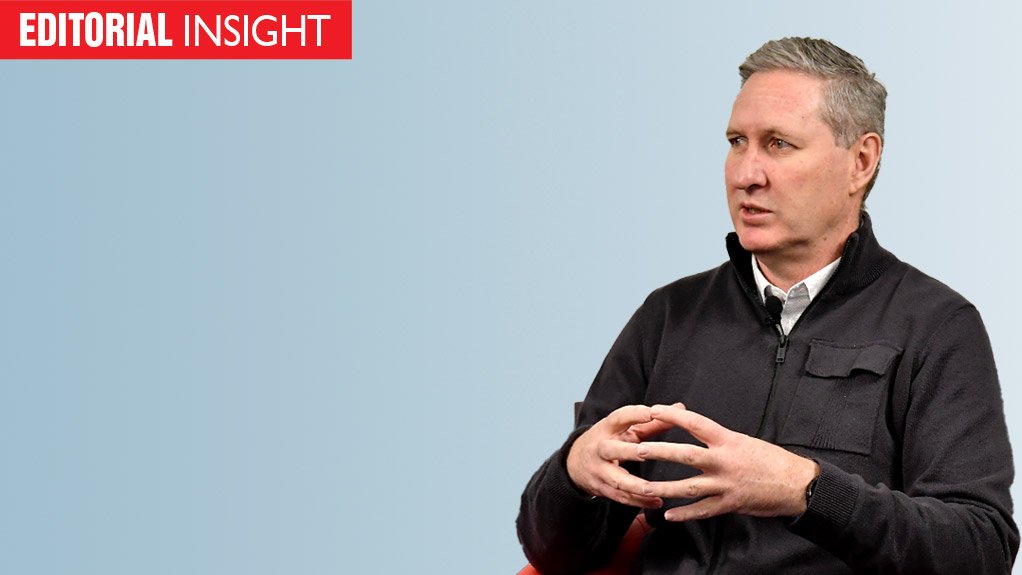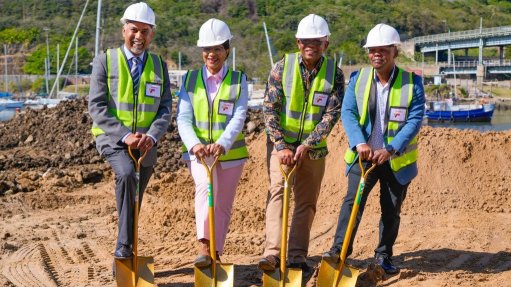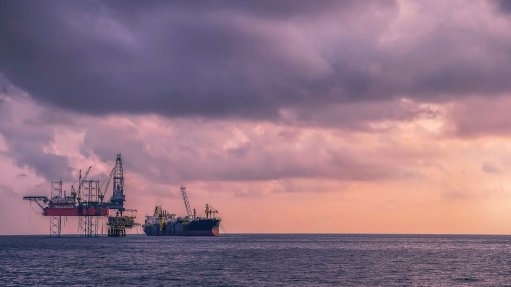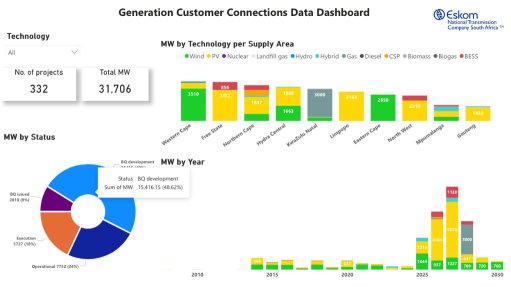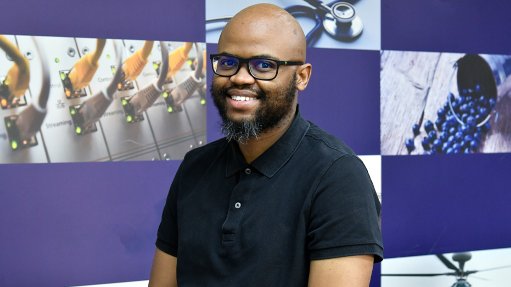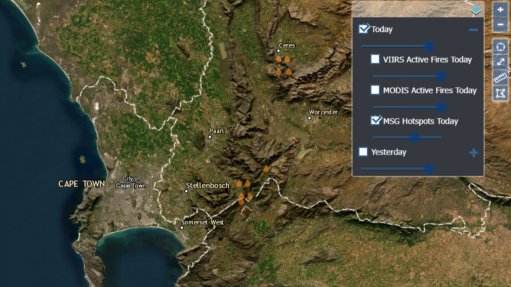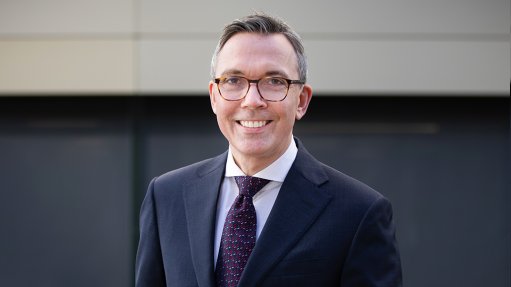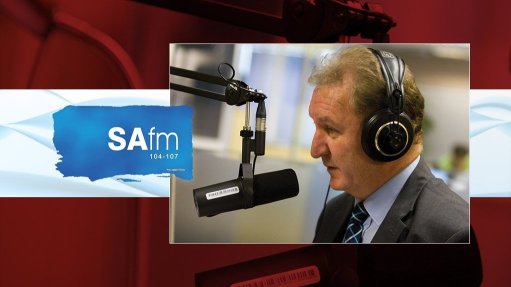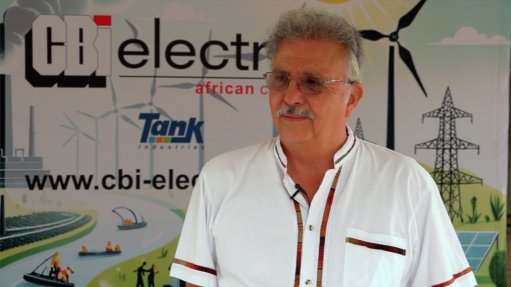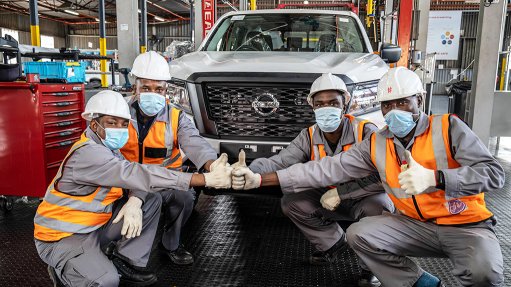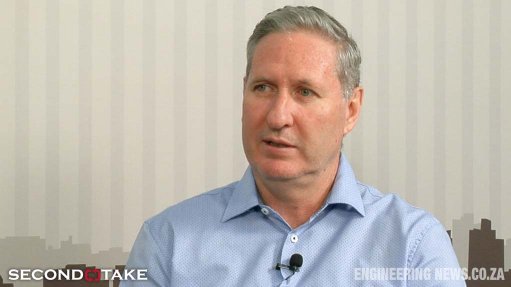New narrative
Developments in those transport sectors hitherto dominated by Transnet reflect not only a belated acknowledgement of South Africa’s fiscal predicament, but also a growing awareness of the risk posed by inefficient monopolies.
Had the State’s finances been in ruder health, the debate would most likely have been dominated by a “too big to fail” narrative, coupled with frantic behind-the-scenes manoeuvring to secure a financial bail-out for the rail and ports businesses. Those metaphorical trains and ships have now left the station or sailed respectively.
For evidence, one need look no further than the most recent Budget. Having rebuffed earlier attempts by Transnet to secure a recapitalisation, Finance Minister Enoch Godongwana outlined his approach to supporting Transnet in his delayed Budget speech. While not discounting the possible granting of further guarantees to the debt-laden entity, emphasis was given primarily to private sector participation (PSP) projects, as well as to using the Budget Facility for Infrastructure to help close any viability gaps.
Now, Transport Minister Barbara Creecy has moved to add meat to the PSP bones. She has asked stakeholders to provide guidance on possible PSP projects across three broad areas: the iron-ore and manganese corridors linking the Northern Cape mines to ports at Saldanha Bay and Nelson Mandela Bay; the coal, chrome and magnetite corridor from Limpopo and Mpumalanga to the Port of Richards Bay; and the general freight rail corridors used for moving containers and automotives in particular from the ports of Durban, Cape Town and Ngqura.
Creecy wants those interested in these PSP opportunities to respond to a request for information by May 9. This, so that a new PSP Unit, which will be housed at the Development Bank of Southern Africa, can use the information to launch procurement processes later in the year for projects that have the market credibility required to secure competitive bids and to advance to financial close.
This is a significant development, even though the effects will not be felt immediately, given the time it will take to prepare bidding processes, adjudicate the bids and allow preferred bidders to nail down the funding, contractors and partnerships required for construction and eventual operation.
It is also likely to be a challenging development, given the investment backlogs across the rail and ports systems. The backlogs, together with infrastructure theft, are likely to make the intermodal corridors less immediately attractive to investors than the better secured commodity corridors.
In addition, there are far more nuances and moving parts (excuse the pun) involved here than was the case when government began procuring utility-scale renewable energy. Despite initial pricing issues and recent grid-related constraints, the renewables programme is generally viewed positively, not only because it facilitated the entry of independent power producers, but because it spawned an ecosystem that is showing remarkable resilience in the face of waning public procurement.
That renewables-linked engineering, legal and financial ecosystem could also prove crucial to the success of the emerging new transport narrative.
Article Enquiry
Email Article
Save Article
Feedback
To advertise email advertising@creamermedia.co.za or click here
Comments
Press Office
Announcements
What's On
Subscribe to improve your user experience...
Option 1 (equivalent of R125 a month):
Receive a weekly copy of Creamer Media's Engineering News & Mining Weekly magazine
(print copy for those in South Africa and e-magazine for those outside of South Africa)
Receive daily email newsletters
Access to full search results
Access archive of magazine back copies
Access to Projects in Progress
Access to ONE Research Report of your choice in PDF format
Option 2 (equivalent of R375 a month):
All benefits from Option 1
PLUS
Access to Creamer Media's Research Channel Africa for ALL Research Reports, in PDF format, on various industrial and mining sectors
including Electricity; Water; Energy Transition; Hydrogen; Roads, Rail and Ports; Coal; Gold; Platinum; Battery Metals; etc.
Already a subscriber?
Forgotten your password?
Receive weekly copy of Creamer Media's Engineering News & Mining Weekly magazine (print copy for those in South Africa and e-magazine for those outside of South Africa)
➕
Recieve daily email newsletters
➕
Access to full search results
➕
Access archive of magazine back copies
➕
Access to Projects in Progress
➕
Access to ONE Research Report of your choice in PDF format
RESEARCH CHANNEL AFRICA
R4500 (equivalent of R375 a month)
SUBSCRIBEAll benefits from Option 1
➕
Access to Creamer Media's Research Channel Africa for ALL Research Reports on various industrial and mining sectors, in PDF format, including on:
Electricity
➕
Water
➕
Energy Transition
➕
Hydrogen
➕
Roads, Rail and Ports
➕
Coal
➕
Gold
➕
Platinum
➕
Battery Metals
➕
etc.
Receive all benefits from Option 1 or Option 2 delivered to numerous people at your company
➕
Multiple User names and Passwords for simultaneous log-ins
➕
Intranet integration access to all in your organisation



